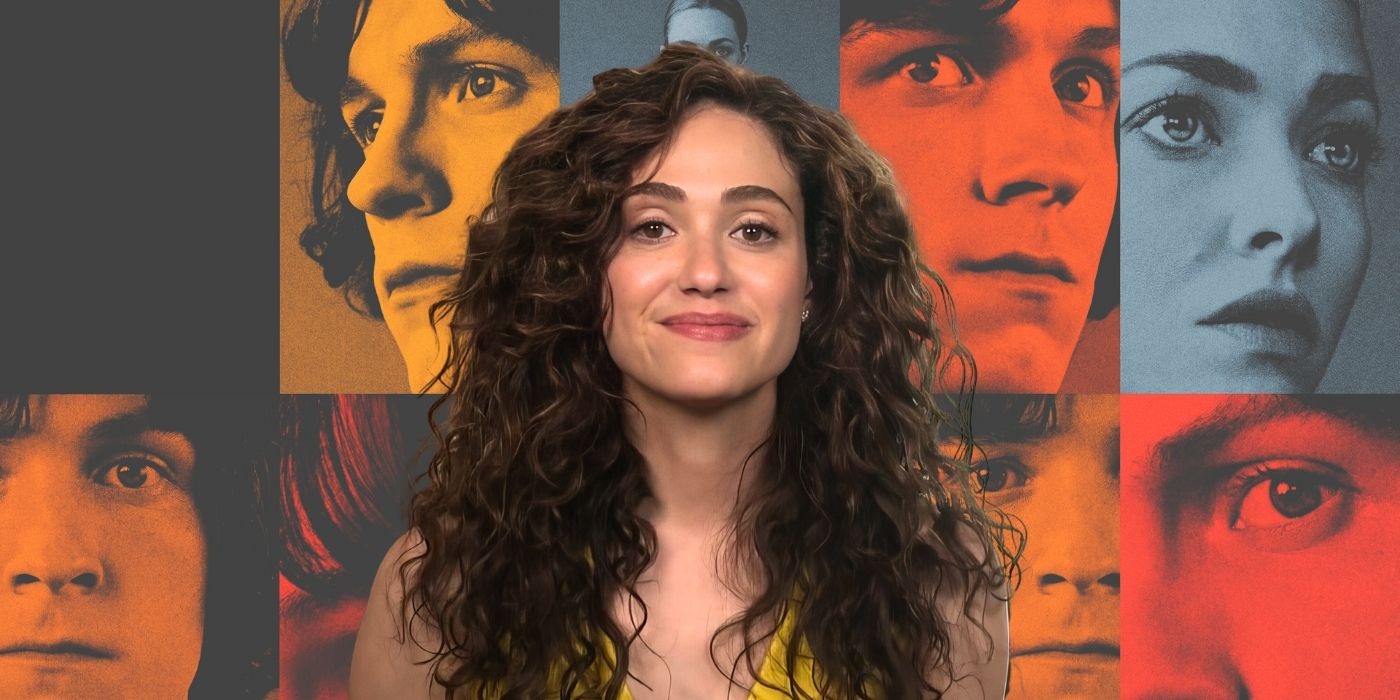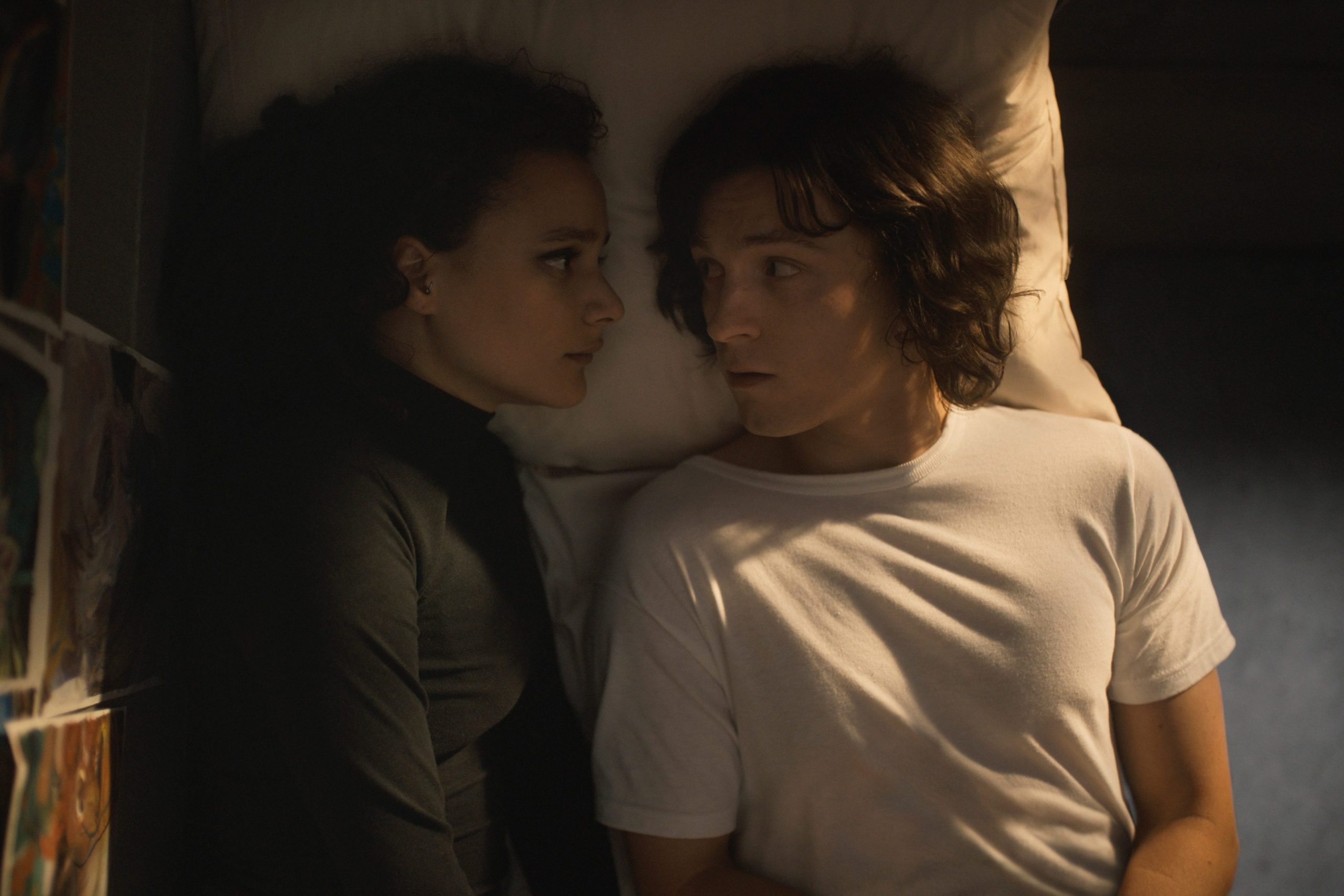Tom Holland’s intricate series on Apple TV+, The Crowded Room, challenges viewers’ perceptions of reality so effectively that multiple viewings may be required to fully grasp its plot. If you’re pressed for time, let’s dissect the ending of The Crowded Room together.
The story of The Crowded Room is inspired by the real-life case of Billy Milligan, who, in the 1970s, became the first individual diagnosed with Dissociative Identity Disorder (DID) in a criminal defense case, finally leading to his acquittal for crimes committed under the influence of his alternate identities.

Milligan faced serious charges, including armed robbery, two murders, and the abduction and assault of multiple women on a college campus.
Setting Up the Finale
As the finale comes on, Danny is on trial for attempted murder along with several other serious charges. Like any well-crafted story, the preceding episodes depict our characters hitting rock bottom.
The outlook for Danny is grim, as his defense team struggles to convince the jury of his Dissociative Identity Disorder, a condition the prosecution argues is nonexistent, unless Danny discusses the sexual abuse inflicted by his stepfather. Until now, Danny has maintained that it was his deceased brother Adam who suffered the abuse.
Meanwhile, his mother, Candy (Emmy Rossum), feels intimidated by the stepfather and is unable to advocate for Danny during the trial. Compounding the tension, Danny self-harms and ends up hospitalized at the start of the finale, raising the stakes even further.
Jack Takes the Stand “as” Danny
Inside Danny’s mind, Jack (the character portrayed in Danny’s thoughts by Jason Isaacs) confines him in a barn-like structure that houses all of his alters.
This arrangement feels harsh, but following Danny’s suicide attempt at the end of the previous episode, Jack fears for Danny’s safety.
He is convinced that a courtroom is not the ideal environment for Danny, particularly after witnessing his mother defend his abusive stepfather, Marlin. Jack also worries that some alters might prefer Danny’s demise to their own elimination.
But Stan Found a Way to Draw Danny Out
Danny’s attorney, Stan, played by Christopher Abbott, decides to take a gamble by putting Danny on the witness stand, even though he is aware that Jack is in control at that moment.
By interrogating Jack about Adam and displaying family photographs featuring only Danny and his mother, without Adam, Jack’s facade begins to crumble, allowing Danny to reclaim control.
Despite the serious nature of the events, watching Holland portray an American who is pretending to be British and then American again provides an entertaining layer to the story.
By doing this, Stan successfully prompts Danny to confess during his testimony that the experiences attributed to Adam were, in fact, his own.
During his childhood, Danny created Adam as an alter to absorb the trauma of his stepfather’s sexual abuse. He convinced himself that Adam desired the abuse his stepfather inflicted upon him, enabling him to dissociate from the trauma and spare his mother from distress.
While Stan is questioning him/Jack, Danny roams the barn and sees a young Adam drowning, symbolizing his realization that Adam is merely an alter rather than a deceased brother, as he had previously believed.
Previously, the psychologist Rya (Amanda Seyfried) could only encourage Danny’s alters to discuss the abuse by referencing Adam.
Thus, this breakthrough is monumental for both Danny’s recovery and the trial, as it may lead the jury to acknowledge Dissociative Identity Disorder as a valid diagnosis.
The jury reaches a verdict
The jury finally finds Danny innocent “by reason of insanity,” leading him to a psychiatric facility rather than a prison.
Candy Apologizes to Danny, and Rya Pays Him a Visit
In the finale’s closing moments, Danny’s mother, Candy, reconciles with him. She expresses remorse for failing to protect him. Although they aren’t entirely reconciled—Danny still struggles to forgive her and needs time apart—they achieve a degree of closure.
Subsequently, we follow Rya’s journey after the trial. Thanks to her work with Danny, Dissociative Identity Disorder has been included in the Diagnostic and Statistical Manual of Mental Disorders. However, she has chosen to leave teaching behind to focus on private practice instead.
Rya visits Danny at the therapeutic center where he is undergoing recovery. He shares his artwork with her, and they reconnect.
Before her departure, Danny mentions an “unpaid debt,” asserting that it is now his turn to be a guardian angel. As Rya exits the facility, she briefly catches a glimpse of Adam alongside Danny in the window.
This moment clarifies Danny’s earlier statement, indicating that instead of his alters safeguarding him, he is now preserving the memory of Adam. Through therapy, he has managed to “fuse” his alters together, leaving Adam separate from the rest.



